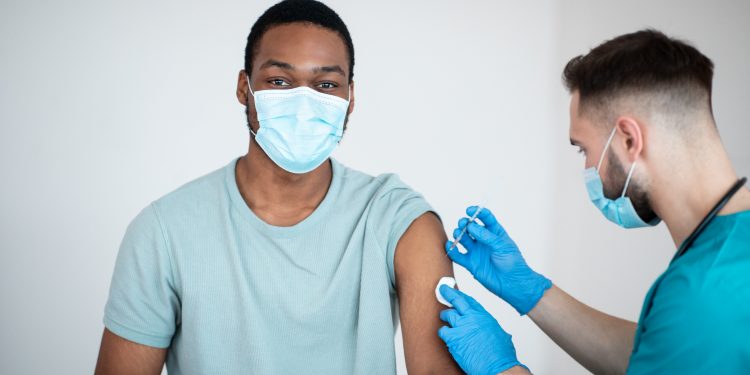Systemic racism is plaguing the world as we know it. Individuals as well as families within minority communities are affected greatly by nearly every aspect of the American culture. From education and the workforce to even just walking down the street. Racism is affecting damages on our society. Although systemic racism has proven to hurt minorities across the board, one of its most astonishing complications would be how it has affected the healthcare system.
Statistics
It may not be blatant or noticeable daily, but statistics show that the healthcare system makes It harder for minorities to survive. According to a study by a doctor, an average African American will live to be six years less in age than their white American counterpart. Not only this, but the doctor also stated that when it comes to common injuries, illness, and infection, black men and women are at a higher risk.
Maternal Mortality
An example of these inequalities can be seen in the case of maternal mortality. The numbers are pretty variable as white women experience only 13 deaths for every 100,000 births whereas African Indian and African American experience a whopping 30 and 41 deaths respectively.
Mesothelioma
A study published in the journal of immigrant and minority health sought to find a connection between race treatment patterns and survival among patients with malignant pleural mesothelioma. They found that African American patients frequently received different surgical treatment than white Americans, thus leading to a much lower chance of survival.
Systemic Racism in the Pandemic
In the year 2020, we saw a pandemic that has been tearing through the world. It can easily be seen that specific communities have been affected more so than others. There were higher rates of covid-19 among African and Latin American communities, but they are also more likely to die from this virus. While many believe it is due to a lifestyle choice or lack of care, this is not the truth. Systemic racism is to blame as it strips minority groups of these essential items such as health insurance, healthcare, healthy food, and self-isolation locations.
Combating Racism in Health Place
We can make changes in education and change in technology. With education, we need to dismantle and deconstruct racist and oppressive prejudicial biased education that we provide to medical students, nursing students, and other health professionals. The same mythology and stereotypes we used to justify slavery are still used in medicine today. We need to dismantle and deconstruct that sort of education and instead replace it with anti-racist anti-oppressive scientifically focused and informed care that allows us to provide equitable care to the patients.
What Can We Do?
As humans living amongst those who are experiencing these examples of systemic racism, we must help make an immediate change to the system. The first step of this process would be to recognize that this problem exists in the first place, telling those around us to aid in the movement. Not only this but we must all put our feet down and call for the restructuring of the systems such as healthcare, as those in need are unable to have their voices heard. This is all a group effort, and we must work together for improved health care for all.











Discussion about this post